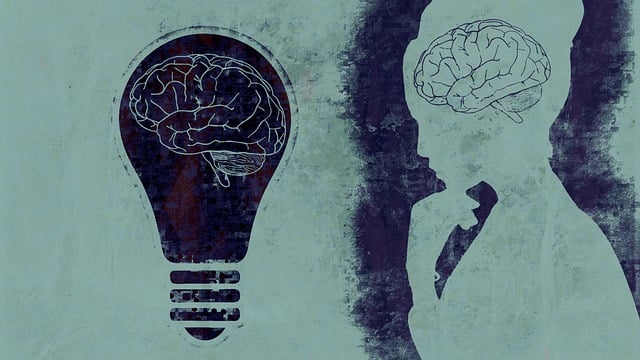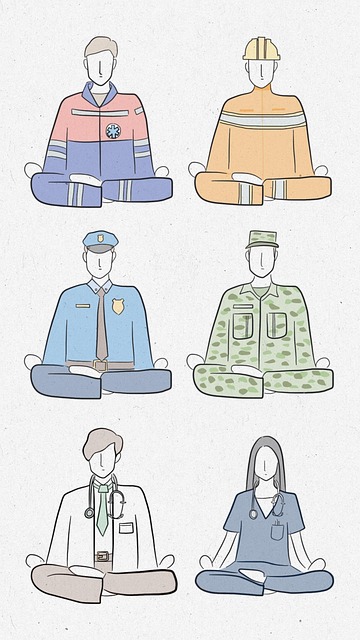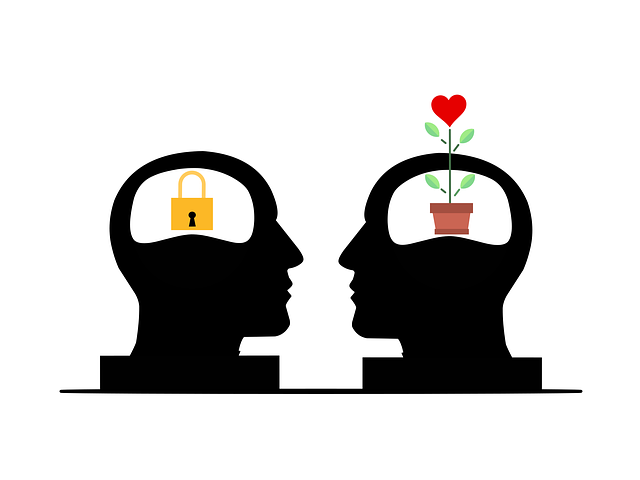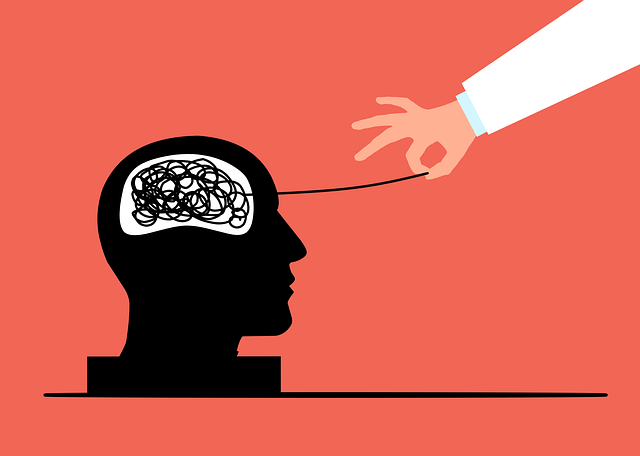Mental wellness apps targeted at Gen Z and millennials offer accessible, engaging alternatives to traditional therapy, addressing heightened stress, social pressures, and anxiety/depression risks. Key features include user-friendly communication (secure messaging, video conferencing), journaling tools, and a library of coping skills resources like guided meditations and CBT exercises. Integrating mindfulness, progressive muscle relaxation, and personalized progress tracking creates a holistic platform supporting counseling and long-term mental wellness. User-friendly interfaces, evidence-based therapies (CBT, mindfulness), and inclusive design ensure effective therapy sessions for young adults grappling with grief and trauma, revolutionizing mental health care while reducing stigma. Privacy, security, and ethical considerations are paramount to gaining user trust.
In today’s fast-paced world, mental wellness apps are transforming access to therapy and grief counseling, especially for young adults grappling with increasing stress and anxiety. This article delves into the growing need for such applications, highlighting key features that make them effective tools for personal growth. We explore user-friendly interface design, integration of evidence-based therapies, and essential privacy, security, and ethical considerations. By understanding these aspects, developers can create apps that offer targeted support and foster mental well-being among young adults.
- Understanding the Need for Mental Wellness Apps Among Young Adults
- Key Features of an Effective Therapy and Grief Counseling App
- Designing User-Friendly Interfaces for Stress Relief and Emotional Support
- Integrating Evidence-Based Therapies and Interactive Tools for Personalized Care
- Privacy, Security, and Ethical Considerations in Mental Health App Development
Understanding the Need for Mental Wellness Apps Among Young Adults

In today’s fast-paced digital age, mental wellness app development has become increasingly crucial to address the unique challenges faced by young adults. This demographic, often referred to as “Gen Z” or millennials, is navigating a world filled with heightened expectations, social pressures, and a constant digital presence, all of which can contribute to elevated stress levels and mental health concerns. According to recent studies, young adults are more likely to experience anxiety, depression, and other mental health disorders compared to previous generations, highlighting the pressing need for accessible and engaging solutions like therapy apps for young adults.
Mental wellness apps offer a convenient and often cost-effective alternative to traditional in-person therapy sessions, making professional support more attainable. Features such as personalized coping tools, mindfulness exercises, and grief counseling can help users develop healthy coping mechanisms, enhance their mental health awareness, and promote positive thinking. Additionally, these apps can be designed with cultural sensitivity in mental healthcare practice, ensuring that diverse user groups feel seen and supported, thereby fostering a safe and inclusive environment for all young adults seeking therapy or emotional support.
Key Features of an Effective Therapy and Grief Counseling App

In developing a mental wellness app focused on therapy for young adults and grief counseling, several key features stand out as essential. Firstly, communication strategies must be user-friendly and engaging, facilitating open dialogue between users and their therapists. This includes secure messaging platforms, video conferencing tools, and even interactive journaling features that encourage self-reflection. Secondly, the app should offer a comprehensive library of coping skills development resources, such as guided meditations, stress reduction methods, and cognitive behavioral therapy (CBT) exercises tailored to address common challenges faced by young adults and those grappling with grief.
Effective apps also integrate stress reduction methods like mindfulness exercises, breathing techniques, and progressive muscle relaxation to help users manage anxiety and promote emotional well-being. Additionally, personalized progress tracking features enable users to monitor their mental health journey over time, providing data-driven insights that can inform therapy sessions. These elements combined create a holistic platform that supports not just counseling but also empowers users with the tools necessary for long-term mental wellness.
Designing User-Friendly Interfaces for Stress Relief and Emotional Support

Creating user-friendly interfaces is paramount when developing mental wellness apps, especially for young adults navigating stress and emotional challenges. These platforms should offer intuitive designs that foster a sense of calm and encourage engagement. Simple navigation, clear call-to-actions, and visually appealing layouts can significantly impact users’ experiences, making therapy more accessible and less intimidating.
Integrating features like customizable mood trackers, guided meditation sessions, and interactive tools for emotional regulation can provide much-needed support. For instance, grief counseling modules designed with gentle visuals and soothing sounds can help individuals process their emotions. By promoting positive thinking and self-esteem improvement through engaging content and interactive exercises, these apps have the potential to revolutionize mental health care, making it more inclusive and appealing to younger audiences.
Integrating Evidence-Based Therapies and Interactive Tools for Personalized Care

In developing mental wellness apps, integrating evidence-based therapies and interactive tools is crucial for providing personalized care, especially tailored to address the unique needs of young adults grappling with grief and trauma. These digital platforms can offer accessible and discrete support, making therapy more appealing and effective. For instance, incorporating techniques from grief counseling, such as cognitive behavioral therapy (CBT) and mindfulness practices, has shown promise in helping young people process their emotions, build resilience, and cope with loss.
The app should also include interactive features that encourage active participation and self-reflection. This could involve personalized journaling prompts, guided meditation sessions, or virtual reality simulations designed to desensitize users to traumatic memories while fostering a sense of safety and control. By combining evidence-based therapies with engaging digital tools, mental wellness apps have the potential to revolutionize trauma support services, reduce the stigma surrounding mental illness, and empower young adults to take charge of their emotional well-being.
Privacy, Security, and Ethical Considerations in Mental Health App Development

Privacy, security, and ethical considerations are paramount in mental health app development. As these apps deal with sensitive personal information, including emotional struggles, therapy sessions, and even grief counseling for young adults, it’s crucial to implement robust data protection measures. Users must be assured that their conversations and personal details remain confidential and secure from unauthorized access or breaches.
App developers should adhere to relevant data privacy regulations like GDPR or HIPAA to ensure compliance. Additionally, transparency about data usage and storage practices is essential in building trust with users. This includes clearly outlining what information is collected, how it’s used for personalized therapy recommendations, and ensuring safe deletion or anonymization of data when no longer needed. Ethical considerations also extend to promoting inclusive design that respects diverse identities and cultural backgrounds, thereby fostering accessibility and effectiveness of mental wellness coaching programs, social skills training, and public awareness campaigns development.
Mental wellness apps have emerged as powerful tools to support young adults navigating their emotional well-being. By integrating evidence-based therapies, grief counseling, and user-friendly interfaces, developers can create effective solutions for stress relief and personalized care. Considering privacy, security, and ethical frameworks ensures a safe and reliable environment for users seeking mental health support. With the right features, these apps have the potential to revolutionize access to therapy, making it more accessible and tailored to the unique needs of young adults.












